Sturgeon says 'fear-based' argument for EU may backfire
- Published
Nicola Sturgeon: "We should be campaigning positively"
SNP leader Nicola Sturgeon has said "overblown" government warnings about the economic impact of leaving the EU risk alienating the public.
The Scottish First Minister and Remain supporter said "fear-based" campaigning could have a negative effect on voters.
She was speaking as Tory Leave backers dismissed a Treasury study, external suggesting Brexit would hit growth, jobs, wages and house prices as "more propaganda".
Liam Fox said the analysis was "disreputable, shabby and misleading".
The economic arguments for and against the EU have intensified with a month to go before the 23 June vote on Britain's membership as Chancellor George Osborne said a vote to leave could propel the UK economy into a "do-it-yourself recession".
Appearing alongside David Cameron, he said in a worst-case "severe shock" scenario, a UK exit could result in 6% lower GDP over two years, the loss of 820,000 jobs, a 4% fall in average incomes, a 15% collapse in the value of the pound and £39bn added to government borrowing.
The SNP leader, who is leading the campaign for a Remain vote in Scotland, said there would be an economic impact from leaving but the Treasury was "overstating its case".
Ms Sturgeon said Monday's assessment - the latest in the series of gloomy predictions of what would happen in the event of a vote to leave - could even be counter-productive.
"People have got the savvy to see through of some of the overblown claims," she said.
George Osborne: EU exit 'will cause recession'
"We only have to look at the Scottish independence referendum to know that kind of fear-based campaigning starts to insult people's intelligence and can start to have a negative effect."
Only a positive, upbeat message could deliver what was needed on 24 June, she said, which was an "overwhelming rather than a narrow" victory for the Remain side.
"I'm much more interested in the reasons to stay in the European Union, the positive reasons, being part of a single market of 500 million people, the investment in jobs that come with that but also the social and employment protections."

Analysis

By BBC economics editor Kamal Ahmed
Sometimes this debate can feel a little like "my plague of frogs is worse than your plague of frogs".
And we could all be forgiven for becoming a little fed up with politicians shouting at each other, particularly when they claim, as the prime minister did earlier, that "this is what happens" to the economy, without a nod to "coulds" or "maybes".
These are forecasts, not definitive outcomes.
But, political hubris to one side, the Treasury analysis can be set apart from the "he said, she said" tenor of much of the EU referendum debate. It is based on a well-understood and tested economic model.
It might be wrong, or the outcomes might be substantially different once real events take hold - as is true of all forecasts - but it is very much worth the paper it is written on. Read Kamal's full analysis

Boris Johnson and other senior figures in the Vote Leave campaign said the worst-case scenario being talked about - based on there being no trade agreement with the EU after two years - was bleaker than the Great Depression of the 1930s and the Treasury had been "hopelessly wrong" in previous forecasts, including in its support for the Exchange Rate Mechanism in the early 1990s.
Leave-supporting Conservative MPs attacked the study in the House of Commons, saying that it downplayed the risks of remaining in the EU and ignored alternative scenarios, such as the UK becoming a member of the European Economic Area,
Bernard Jenkin said it was "just rubbish" and an example of a government "obsessed with producing propaganda to get its way in the vote".
"Does not the government's entire campaign reinforce the unfortunate impression that today's political leaders will say anything which will help them get what they want whether it is true or not," he asked.
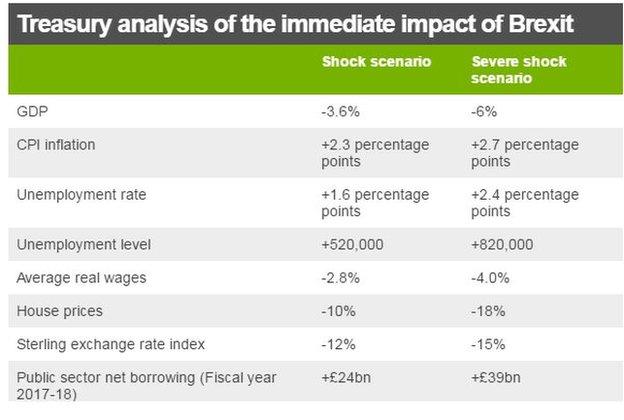
Brexit-supporting economist Patrick Minford said the assessment ignored all the "upsides" from leaving, including the money saved from not being a member of the Common Agricultural Policy and not having to abide by EU regulation.
Former Chancellor Lord Lawson accused the government of trying to "scare the pants" off voters while UKIP's leader Nigel Farage said his opponents' strategy was "irresponsible".
"It's pretty disgraceful the way voters are being bullied. Project Fear has now become Project Threat. But I think people are used to politicians not telling them the truth and getting it wrong."
John Mills, the chair of the Labour Leave, said the Treasury's economic warning was "grossly exaggerated". While there might be a "small blip" in the immediate aftermath of a vote to leave, he said the economy would soon recover to a higher level.

Boris Johnson has insisted leaving the EU will not put the skids under the UK economy
"These wild claims we hear from the Remain side do nothing to help their cause," he told the BBC News Channel.
The Treasury published two different models of what may happen after a vote to leave based on three factors: the "transition effect" of the UK becoming less open to trade; the impact of economic "uncertainty"; and the potential "volatility" of financial markets.
In the lesser "shock" scenario, based on assumptions of a bilateral trade agreement with the EU, it predicts economic growth would be 3.6% less than currently predicted in the two years after exit, sterling would fall by 12%, unemployment would rise by 520,000, average wages would fall by 2.8% and house price growth would be hit by 10%.
Mr Osborne said the analysis had been "peer reviewed" prior to publication by Charlie Bean, a former deputy governor of the Bank of England and that the economist had said it was based on "reasonable estimates" and "best practice procedures".
- Published23 May 2016
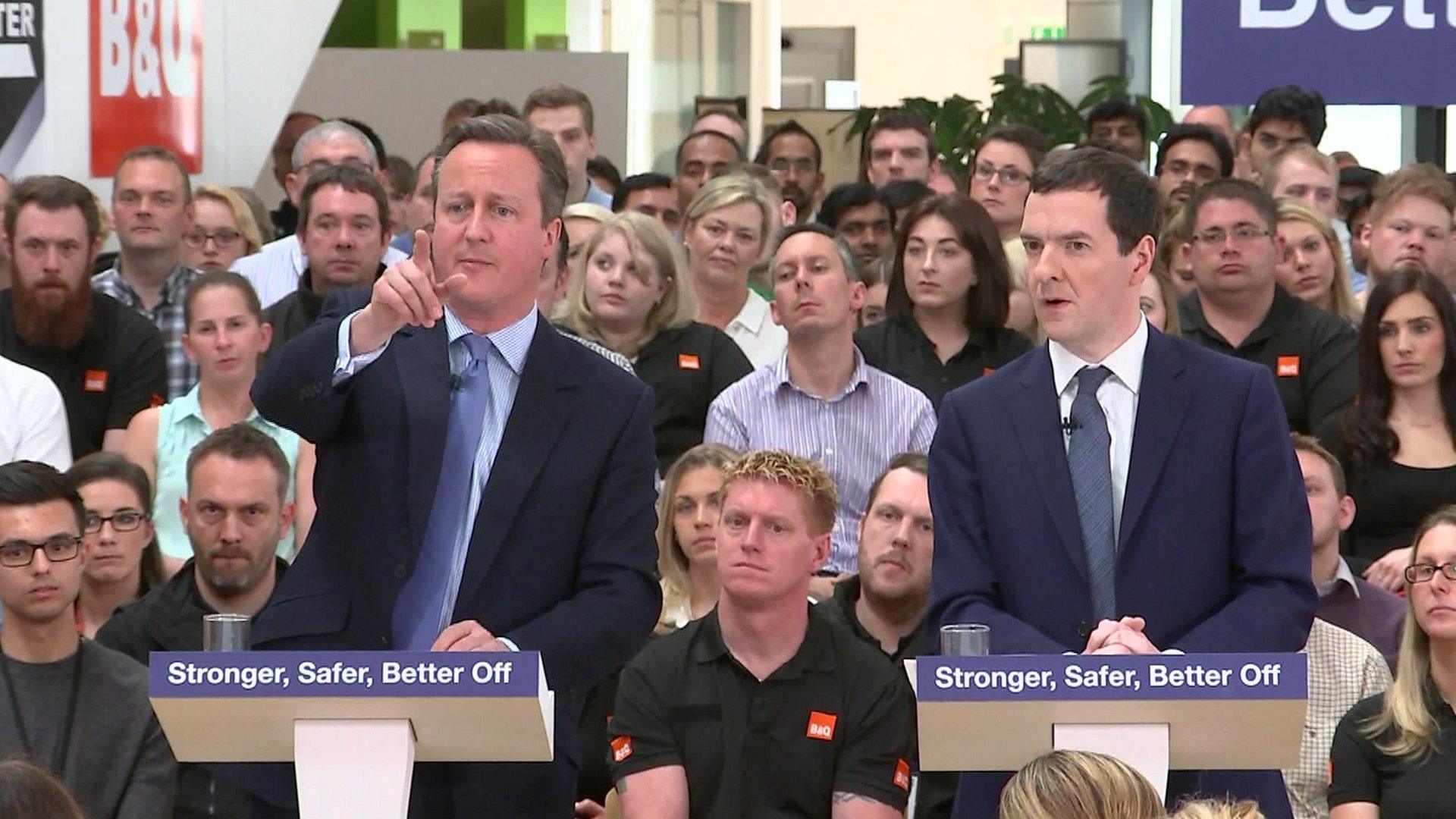
- Published21 May 2016
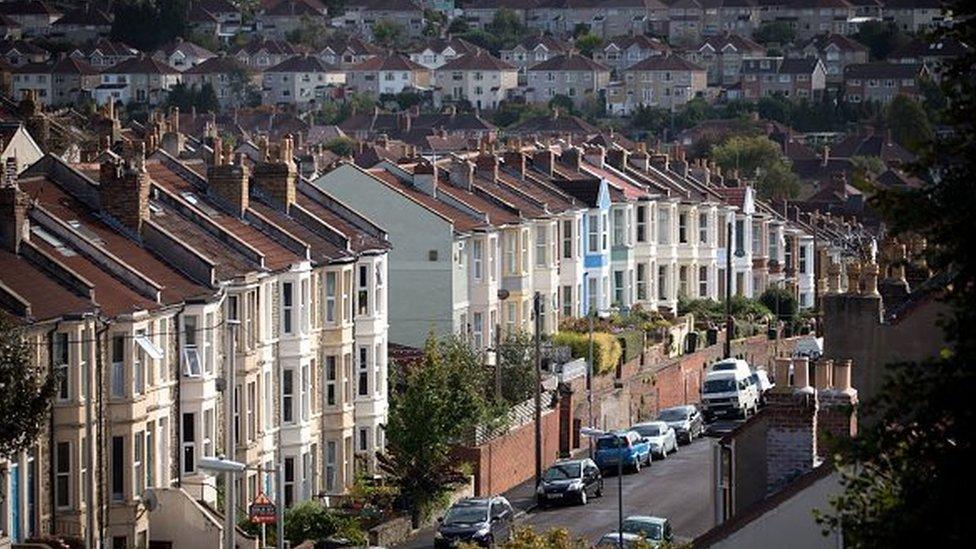
- Published18 April 2016
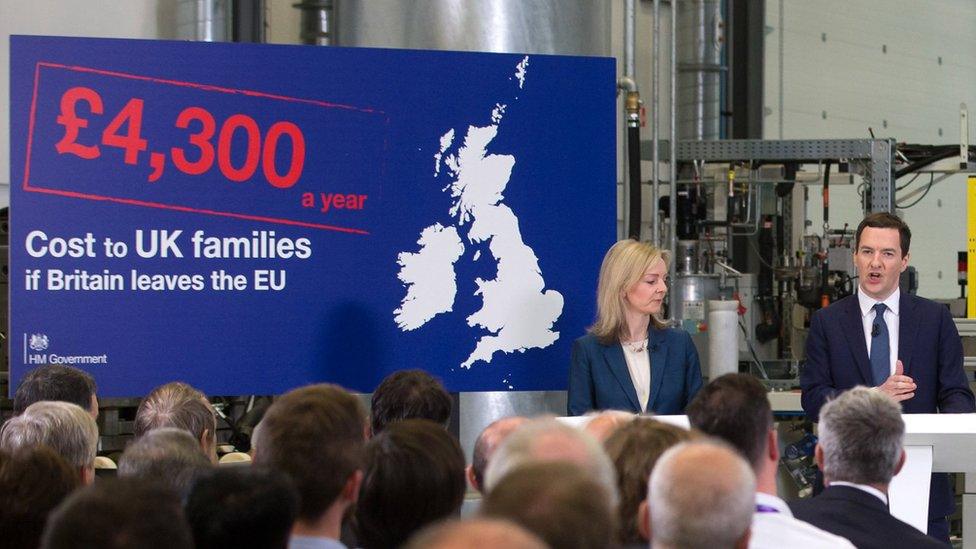
- Published23 February 2016
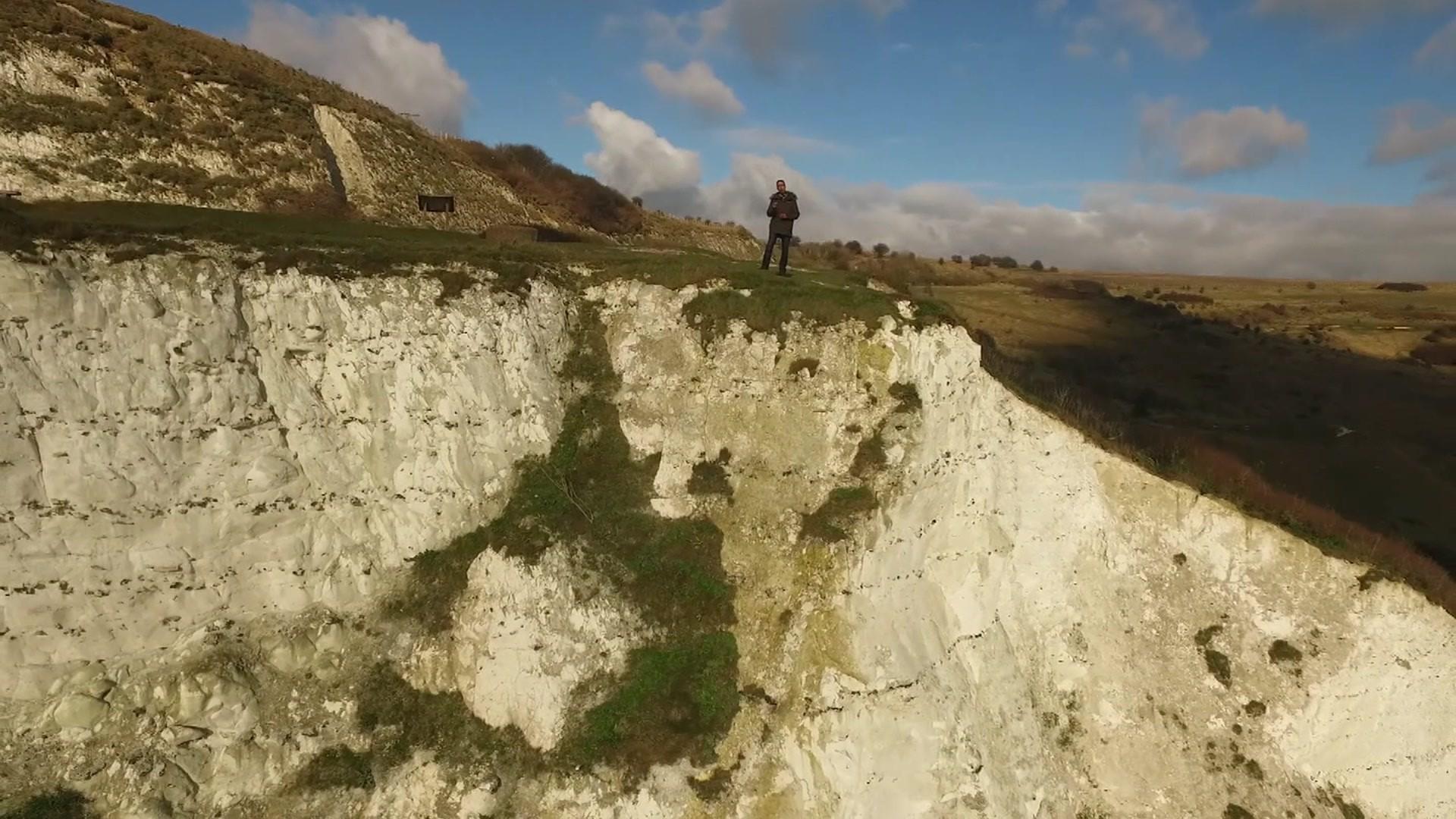
- Published29 April 2016

- Published30 December 2020
